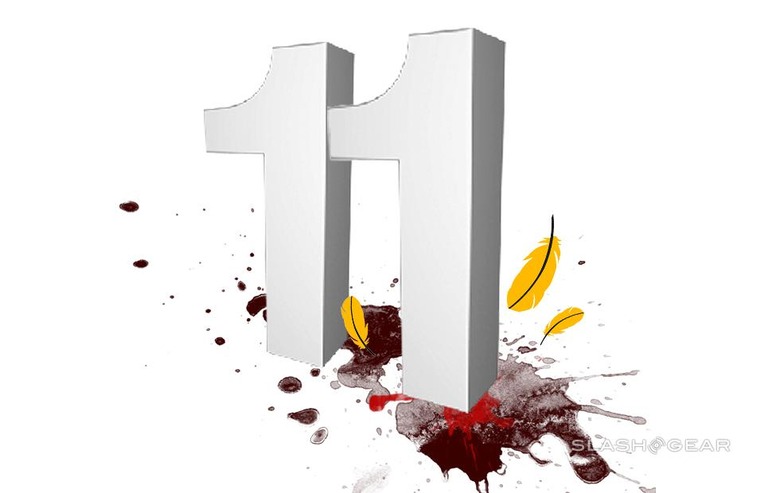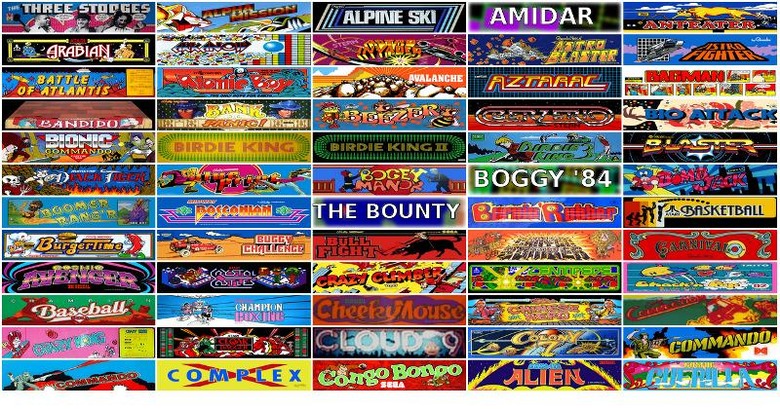Infinity Blade Removal Shows Mobile Gaming's Unavoidable Amnesia
Last week, iOS gamers bid farewell to the Infinity Blade trilogy. By today's standards, the game may not only look dated but also feel a bit shallow. Epic Game's decision is perfectly understandable and even justified from a technical and business standpoint. But while this particular news simply borders on sad for those who've had fond memories of the games, it belies an inherent problem in the mobile gaming ecosystem and perhaps the whole mobile app ecosystem at large. In a year or two at most, there will be more games that will disappear from app stores and there will be no way for anyone to experience them anymore.
Mobile games come and go, sometimes too fast, too soon. Their sheer number and turnover rate means few games ever really make it big. Either they have to come from big publishers, are a port of an already existing or highly popular game, or, in the case of Infinity Blade, make history through some innovation or being "first". But whether big or small, some mobile games will have some impact on a group of players who will acutely feel their absence from app stores.
It's almost the nature of mobile apps, not just mobile games, to be ephemeral. There are various reasons for their disappearance. The most arbitrary one would be just because the publisher decided to do so on a whim. More often, however, they will cite technical or business reasons, or both. Unlike on other gaming platforms, be it PC or console, backward compatibility on mobile isn't always a priority and is short lived. When an app or a game becomes too old to run on more recent version of Android or iOS, developers are more likely to just let the game drop rather than update it.

That has already happened recently on iOS when Apple marked apps that haven't been updated to run on 64-bit iOS as deprecated. It was an almost ingenious strategy to force developers to update their apps and prune unmaintained ones from the App Store. While many apps did, some that remained stagnant but completely working for years didn't. Some of these were larger games that would have taken no small effort to update. In other words, they're gone now.
The problem is less pronounced on Android, ironically because of its much-criticized fragmentation. Google tends to support older Android versions far longer and there are still phones running on nearly ancient versions. Plus, because of Android's more open nature, there are methods to acquire such games and apps and ways to run them even on unsupported versions and devices. That doesn't always mean they'll work as intended and are definitely not officially supported.
What this practically means is that there are mobile games that are no longer accessible, sometimes forever. The publisher may have pulled out the game from the app store and there's no other source for them or a way to install them. They may not even run on current devices and OS versions at all. They only now exist in screenshots, videos, and Internet articles, which may also disappear in time.

The gaming industry as a whole seems to have a terrible sense of and appreciation for its own history and culture. It's only lately that efforts to preserve and even revive the earliest computer and arcade games. That is somewhat easier, given the gaming hardware and software of the time. Even so, there are still some notable ones that are lost to history forever. And mobile gaming is in more danger of experiencing that in just a few years.
Mobile gaming's platforms, that is Android and iOS, and business ecosystem doesn't exactly make such archiving and revival easy. There are, after all, concerns about piracy and lost profits, especially for paid games or games with IAPs. But if the gaming industry wants to be taken seriously and be treated not just as mindless pastimes but legitimate forms of art, it should also learn to take its history seriously. And, like it or not, that history now includes mobile gaming, its fastest growing and also its fastest disappearing market.
